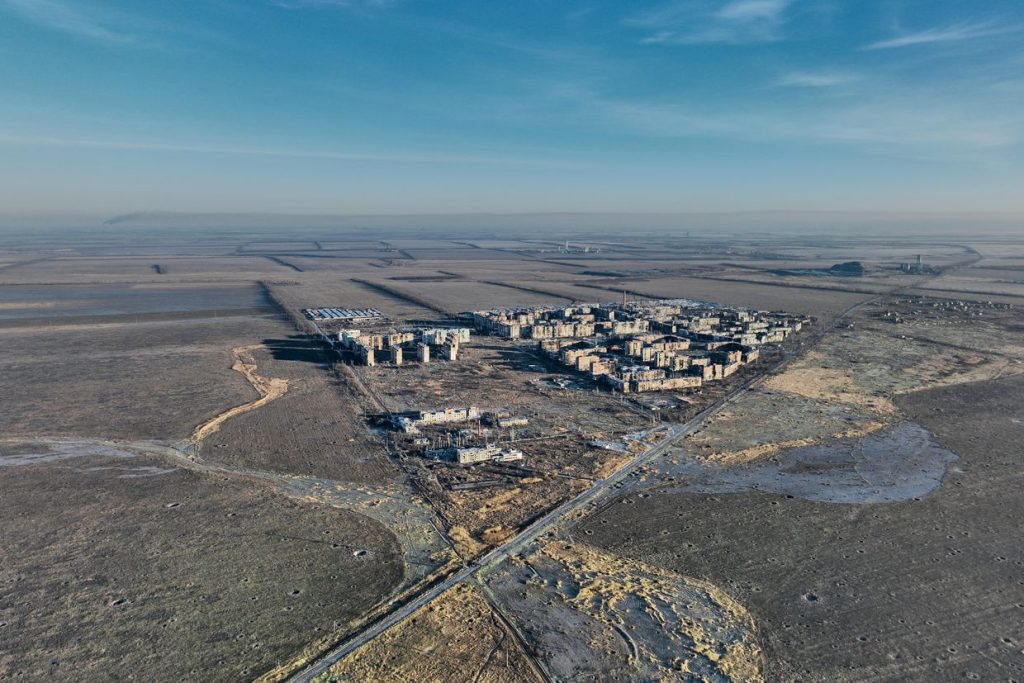Russian elite Marines suffered significantly higher losses in a year of fighting near Vuhledar in Donetsk Oblast than during the entirety of the Second Chechen War. The Russian forces announced withdrawal from the key settlement after facing heavy attacks in the region. The elite marine brigades, including the 155th and 40th brigades, known as the Black Berets, were involved in the storming of the city with support from armored vehicles and other units. The losses suffered by these brigades far exceeded their casualties in past conflicts, indicating the intensity of the battle.
September was recorded as the second-deadliest month for Russian forces fighting in Ukraine since the start of the invasion. The casualties reported by the Ukrainian General Staff show a significant number of Russian soldiers being killed or wounded in the ongoing conflict. The reports indicated that over 200 marines from the 155th Brigade were killed, with additional casualties from the 40th Brigade. The seriousness of these losses was highlighted by the fact that both brigades had convicts as part of their Storm-Z units, emphasizing the extreme measures taken in the battle for Vuhledar.
The 72nd Mechanized Brigade of Ukraine had defended Vuhledar for nearly two years before withdrawing from the town and moving to a new defense line. Despite significant losses during the battles, the brigade continued to hold the defenses in the same direction, as there was no one to replace them. Some battalions from the brigade were stationed in Donetsk Oblast, closer to the front line, where they were to be replenished before resuming their defensive duties. President Zelensky acknowledged the challenging situation on the front lines, with Russian forces focusing their efforts on various Donetsk Oblast towns.
Russian troops were reported to be intensifying their efforts in Donetsk Oblast towns of Pokrovsk and Toretsk, where Ukrainian soldiers were struggling to hold their ground against the advancing Russian forces. The situation was becoming increasingly dire as Ukrainian soldiers faced pressure from the overwhelming numbers and firepower of the Russian troops. Russian forces were also observed preparing for assault operations in Zaporizhzhia Oblast, where a significant concentration of enemy personnel was noted. The Ukrainian military’s Southern Command spokesperson highlighted the enemy’s movements in this region as a cause for concern.
The ongoing battle and casualties suffered in the conflict underscored the gravity of the situation in Ukraine. With Russian forces continuing their attacks on key settlements and towns, Ukrainian soldiers were facing a formidable challenge in defending their territory. The losses on both sides highlighted the human cost of the conflict and the sacrifices made by military personnel in the line of duty. As tensions escalated and the focus shifted to new areas of conflict, the Ukrainian military remained vigilant in its defense efforts, determined to resist the advances of the Russian forces and protect the sovereignty of the country.
The developments in the conflict highlighted the ongoing struggle for control and power in the region. The relentless attacks by Russian forces and the determined resistance by Ukrainian soldiers showcased the resilience and bravery of those involved in the conflict. As the situation continued to evolve and new challenges emerged, the resolve of both sides was put to the test. The ongoing conflict in Ukraine served as a reminder of the fragility of peace and the high stakes involved in territorial disputes. The international community closely monitored the developments in the region, hoping for a resolution that would bring an end to the violence and restore stability to the area.


